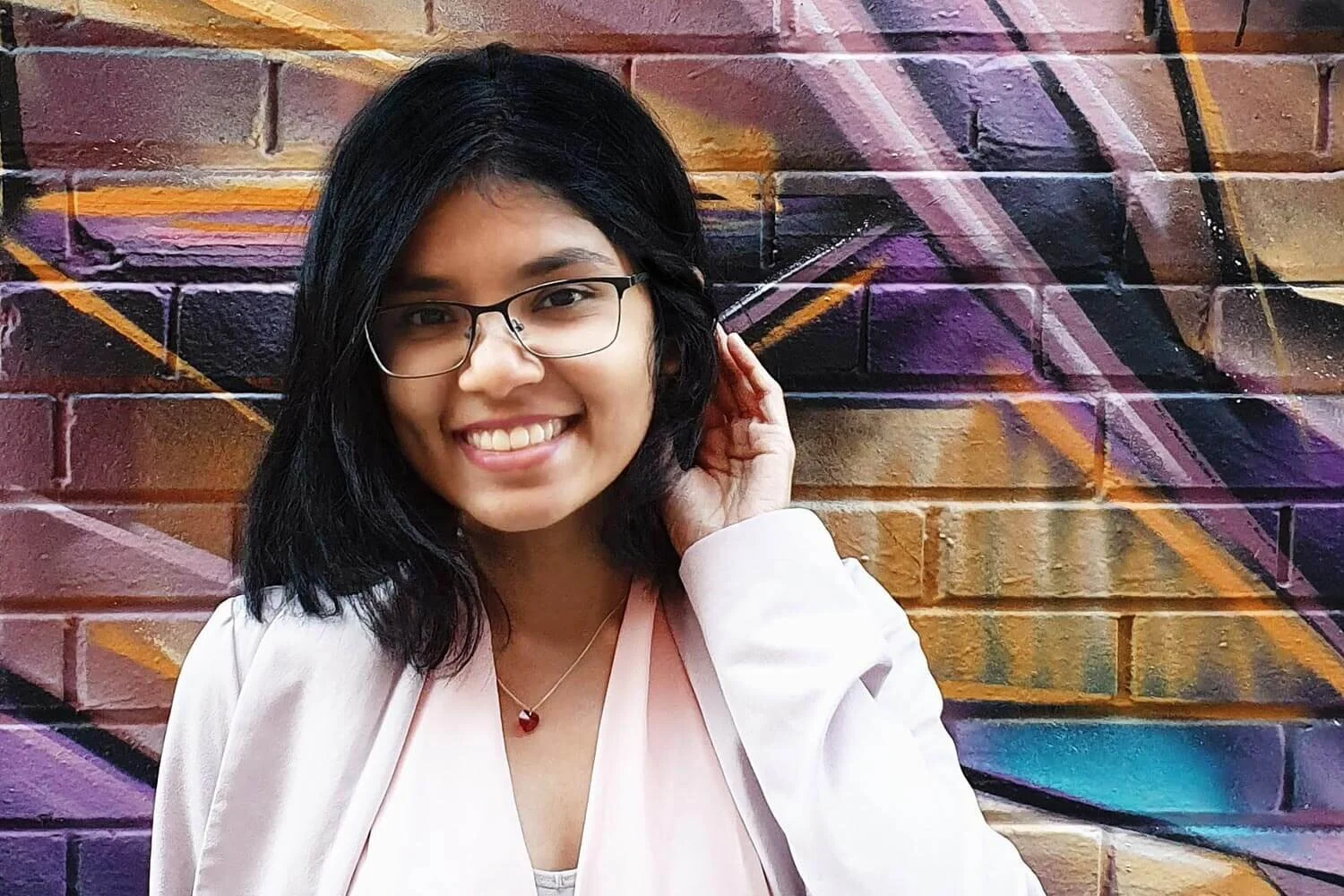Get to know Sadia Sharmin, assistant professor, teaching stream, who joins the Department of Computer Science this summer.
This Q&A has been edited for clarity and length.
Sadia Sharmin (photo: provided)
Tell us a bit about your background.
I have been a professional educator for undergraduate students for about ten years — that includes working as a teaching assistant for five years, and then being a lecturer and assistant professor at the University of Toronto's Mississauga campus teaching computer science since Fall 2015. I have also held teaching assistant positions at McMaster University, in the Department of Communication Studies and Multimedia.
My PhD dissertation on computer science education focused on the idea of making education more personal for students. The specific idea I focused on was incorporating creativity and exploration into undergraduate CS courses to increase motivation and satisfaction, especially among first-years.
What got you interested in teaching computer science?
I was lucky to be offered a teaching assistant position in my second year of undergraduate studies, and that opportunity is what made me realize how interesting and rewarding it was to teach, and specifically to teach CS. In later years, I also had opportunities to be a teaching assistant for courses in non-CS fields like philosophy and communication studies. Neither of those experiences was quite as exciting for me, due to the course content not aligning with my core interests. This is how I realized that being a part of the CS department as an educator is where my interests and personality fit best.
What draws you to teaching introductory computer science courses?
Teaching introductory courses is quite a significant experience for me, as these courses are a gateway for more interesting and complex CS courses. I believe that a student's experiences within their first-year CS courses could be a determining factor in whether they choose to continue with CS. This is why I have dedicated so much time to researching ways to improve introductory CS courses, to make these courses more interesting and accessible to a diverse range of students.
You've done research on incorporating creativity and play into undergraduate CS education. Can you tell us more about that, and how it has influenced your approach to teaching?
One of my research interests is figuring out ways to increase students’ long-term motivation and commitment to the CS discipline as well as making it appealing to a diverse range of students. I was also interested in the nature of creativity and how that plays a role in CS learning and teaching.
This research involved a set of open-ended exercises that I designed for my introductory CS courses. These exercises were inspired by a literature review that I conducted on creativity-enhancing activities in first-year CS courses. I found that a common theme of these activities was autonomy: that is, providing students with some sort of choice within their assignments.
Beginning with this initial idea of open-endedness, I have used and refined assignments and exercises within my own first-year CS courses. I learned the importance of balancing freedom with constraints when providing autonomy to beginner students, and in certain offerings of the course, I opted to move away from large, high-pressure assignments to small, weekly open-ended exercises used throughout the semester.
What do you like to do when you're not teaching CS?
Spend time with my pets! I have two dogs (a Samoyed and a Keeshond – or as I like to call them, a cloud and a tiny thundercloud), a bird (a parrotlet, a.k.a. a pocket-sized parrot), and my mom has three cats. (You can see pictures of all of them on their Instagram account @bumblythecloud, haha!) I also like to spend time with my three sisters, play video games and do some creative writing.
In your view, how can students make the most of their undergraduate experience in CS at U of T?
Make friends and make connections! One of my biggest regrets from the first couple of years of my own undergraduate experience is that I spent so much time studying, that I forgot to make time for social events. As I grew, I realized how important it really is to get to know the people around you.
You are not alone in CS at U of T! So, talk to everyone who is along for the ride with you. Talk to your peers, your TAs, your professors! You never know where a connection might lead, and what may turn out to be a lifelong friendship. The reason why I am where I am today is largely due to the connections I made during my undergraduate years, and the continuous support of my professors (who have now become my colleagues!).


